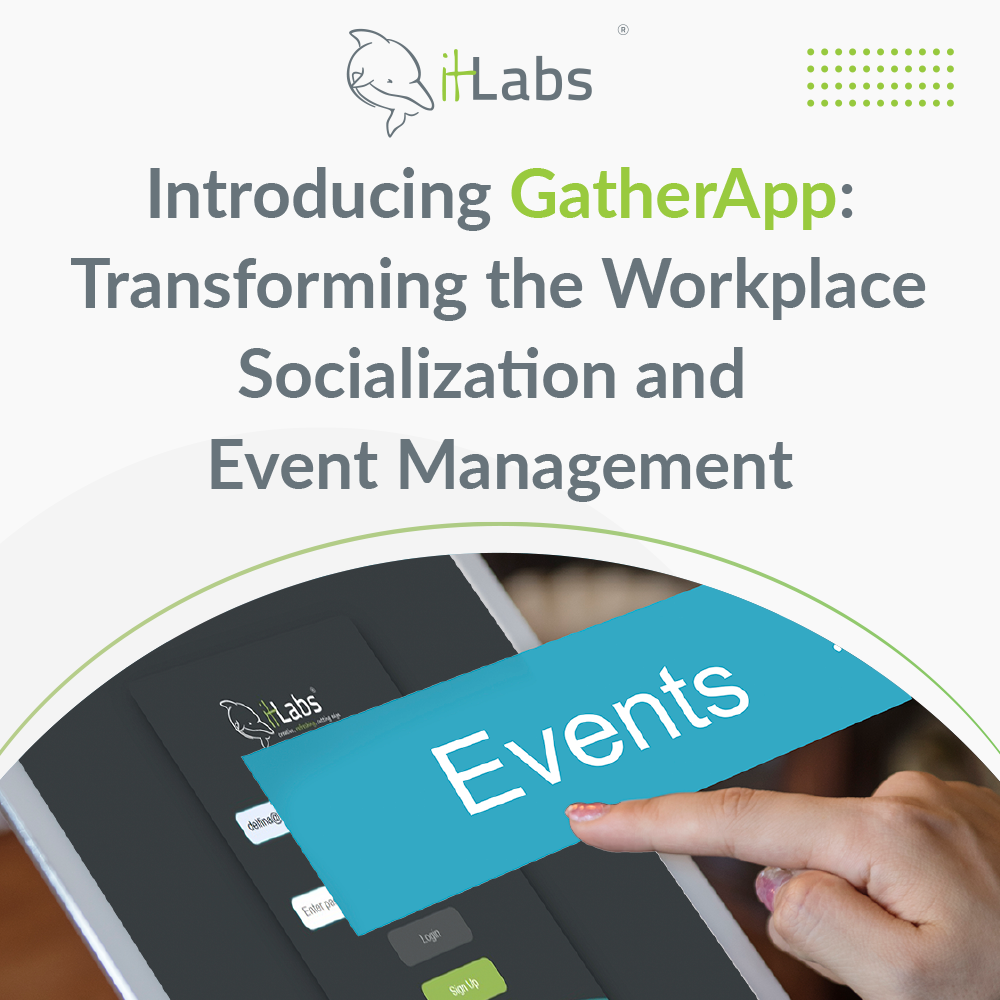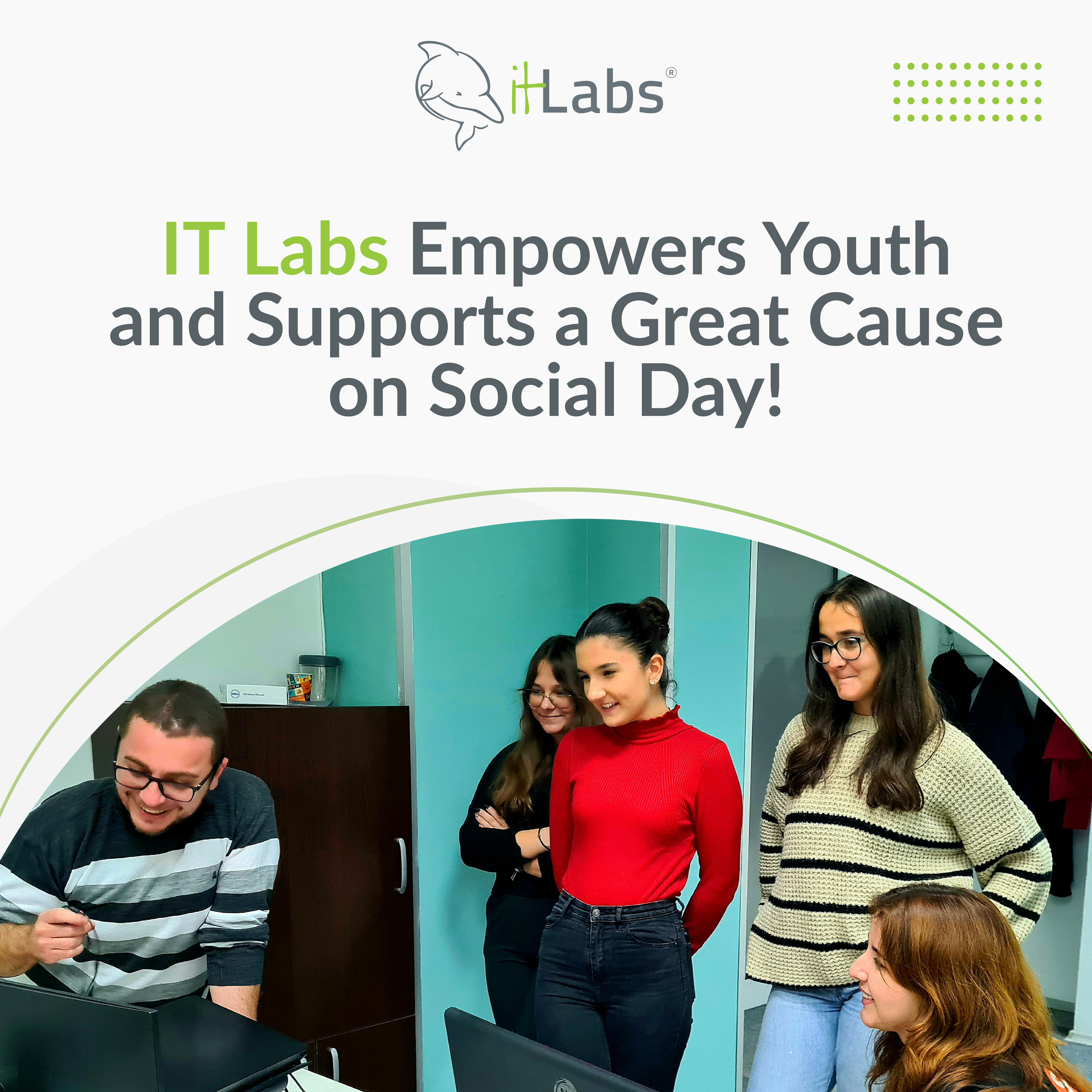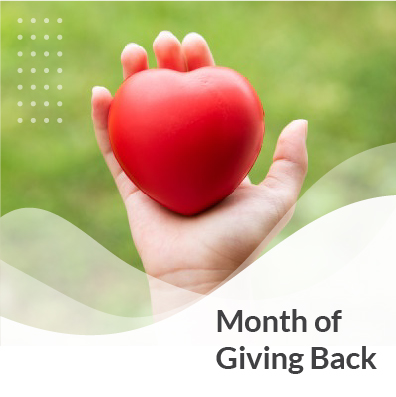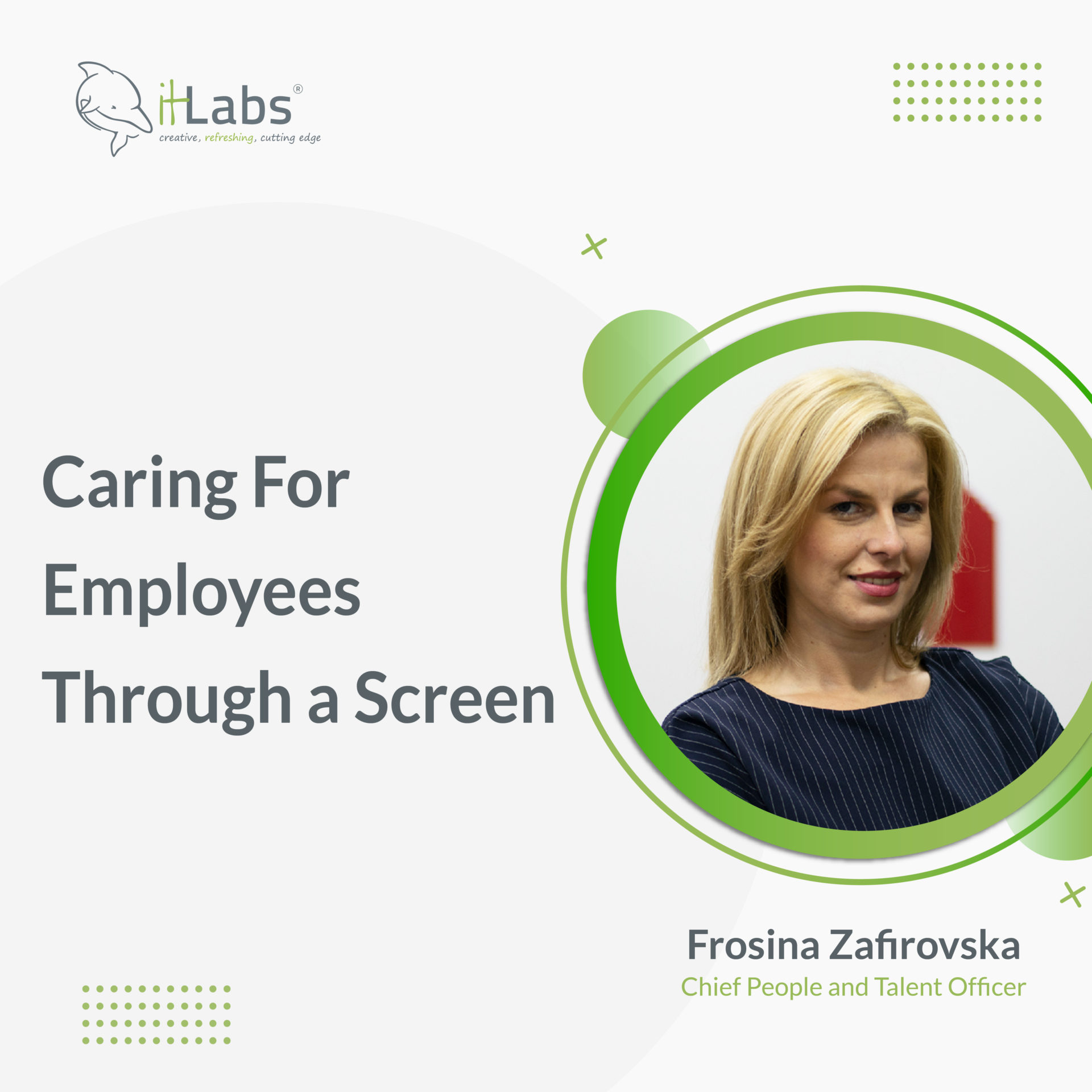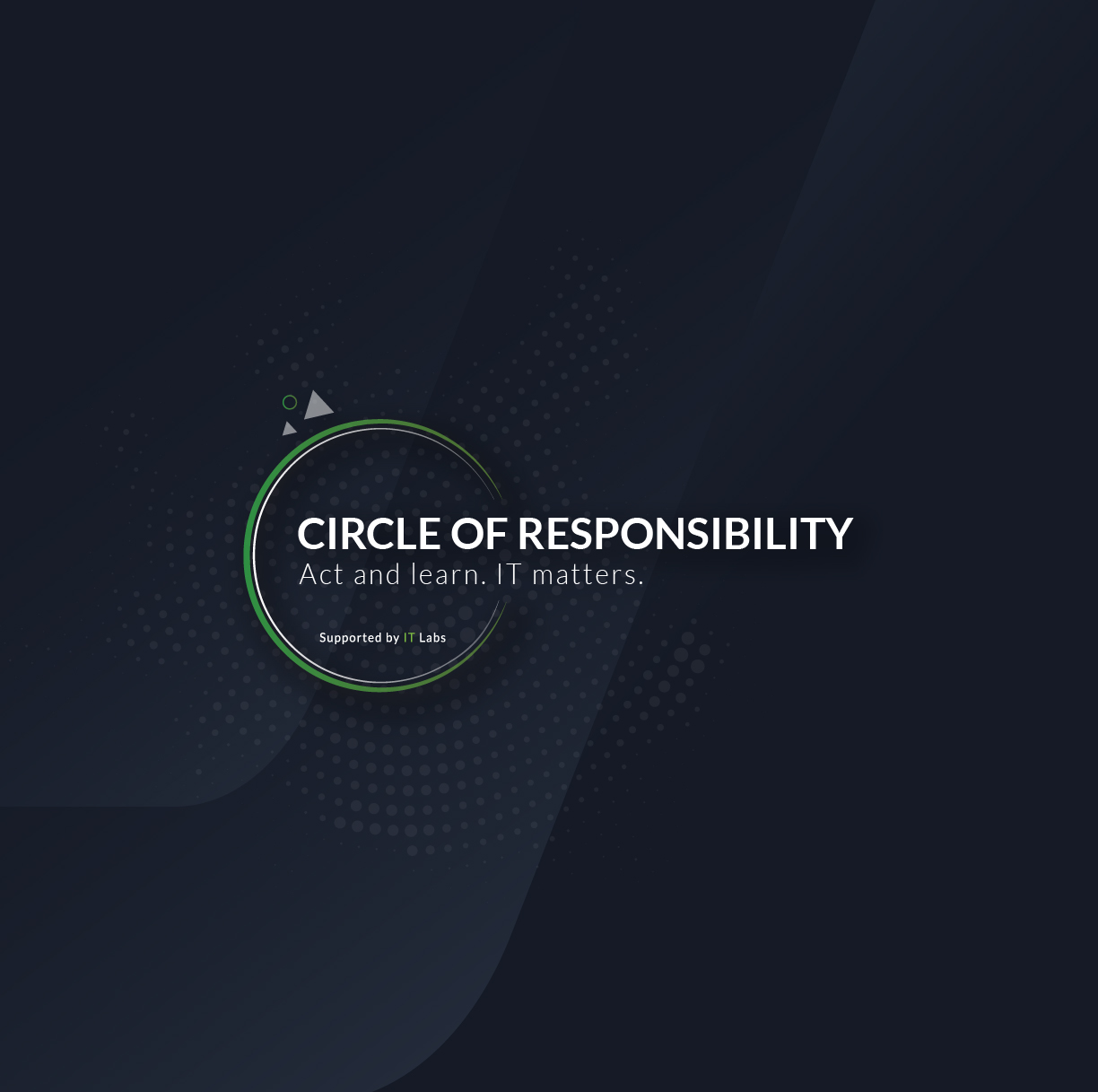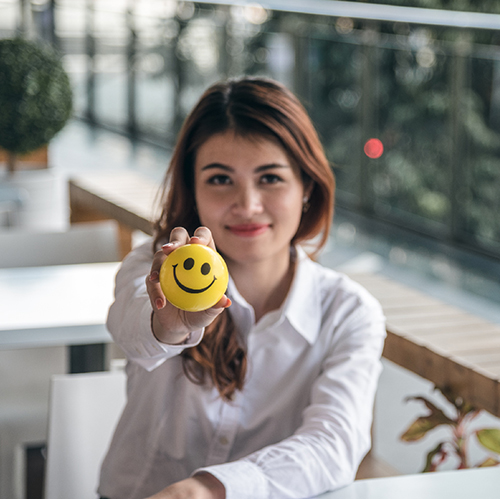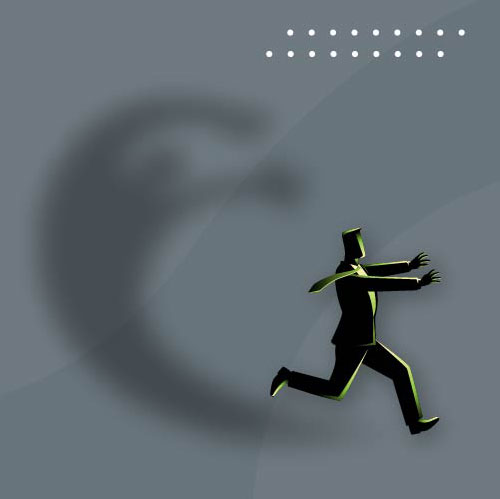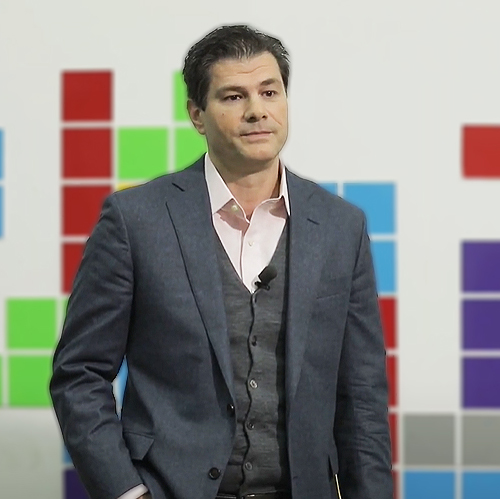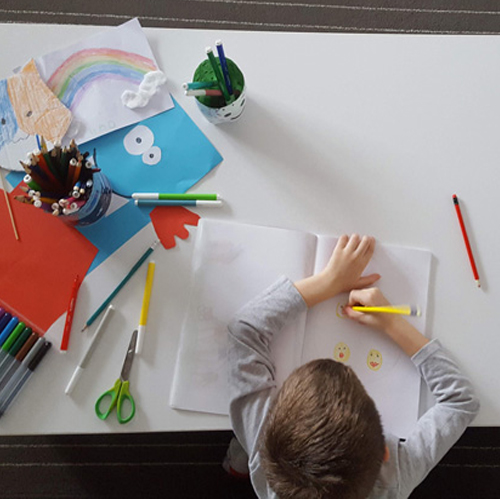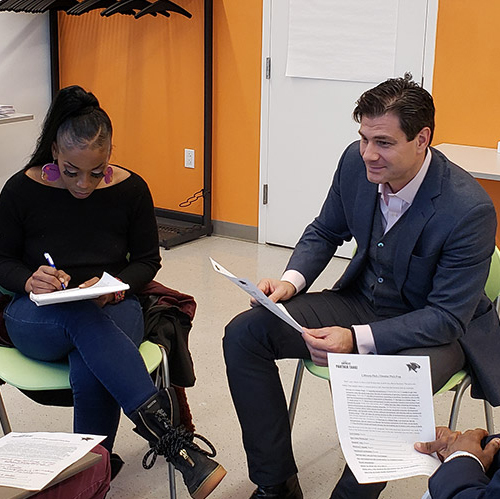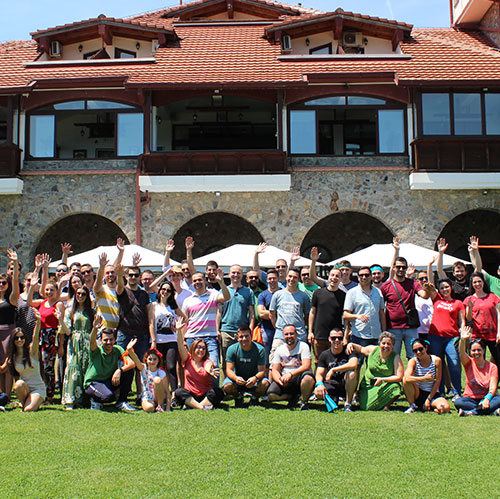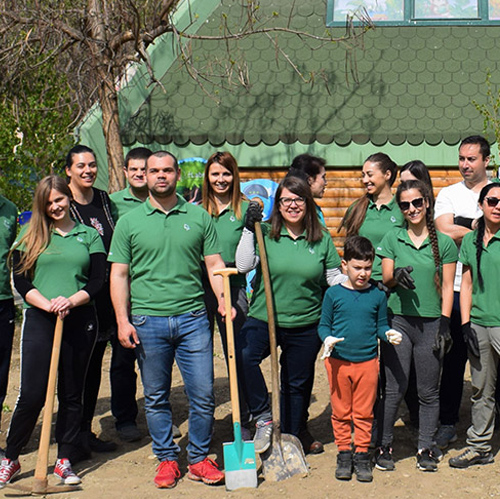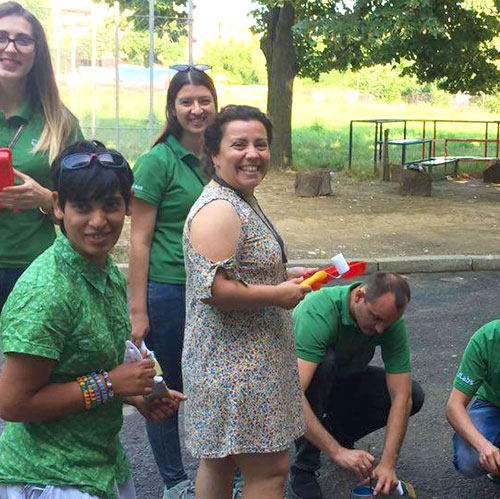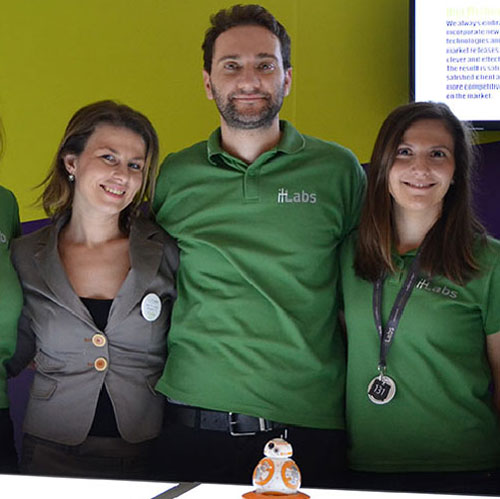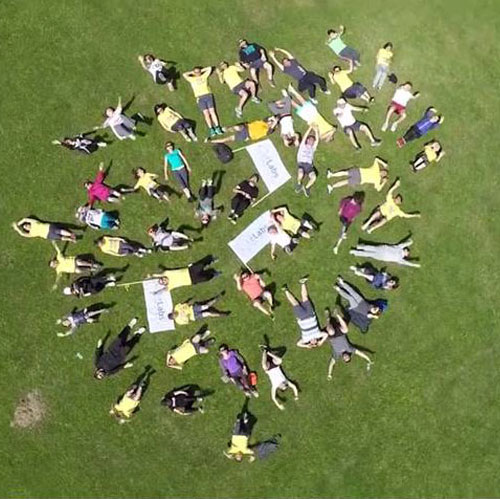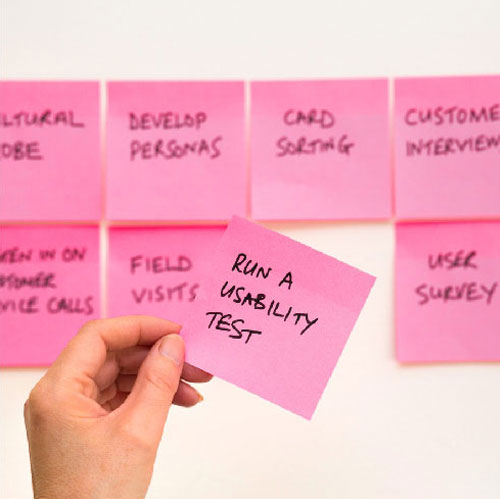In the past few weeks, we have witnessed a coronavirus (COVID-19) epidemic and a serious shock to health systems across the globe. Although a certain level of anxiety is quite normal under these extraordinary circumstances, it is important to us, as well as to our community, that we stabilize ourselves and channel our anxiety into precautions for our own and others’ safety. With that in mind, we look at some of the psychological effects that can occur as a result of the current pandemic, as well as certain measures that we as individuals can take to preserve our mental health and that of colleagues, friends, and family.
One of the major differences between our experiences of seasonal influenza and coronavirus is that we perceive the first as a virus we generally know well. We know seasonal influenza’s diagnostic criteria and symptoms, how it is transmitted, how to treat it, to whom to turn, and what to expect.
On the other hand, we currently see the coronavirus as something unknown and threatening, which contributes to a feeling of unpredictability about the whole situation, accompanied by feelings of anxiety, fear, increased alertness, and tension.
- Social distancing is lessened interaction between people, a restriction on the closeness and frequency of personal contact, with recommendations of 1-2 meters minimum distance between people.
- Quarantine involves the physical separation and restriction of movement for people who are well but may have been exposed to a communicable disease (ex. coronavirus), to see if they will become ill. Such separation is continued until medical staff ensures that those people have not developed symptoms of the disease.
- Isolation is the physical separation of people who have the virus from those who do not. This usually takes place in a health care facility or your own home (self-isolation), as appropriate.
- It should be noted that “isolation” and “quarantine”, especially “self-isolation” and “self-quarantine” have been used heavily by authorities and the press, not always specifically referring to the potentially ill and confirmed ill, but as a preventative action the general public should take to help stop the spread of the disease.
- The whole situation with coronavirus is a great and unwanted change for all of us. Very often, this provokes a reaction that goes to two extremes in people. One extreme is overestimation or a so-called disaster when the interpretation of reality goes to worst-case scenarios and outcomes. The other extreme is an underestimation, being indifferent to what is happening and doing absolutely nothing, even engaging in risky behavior unsuitable for the circumstances.From a psychological point of view, when these significant changes occur, there are several stages through which each person goes: Denial, Anger, Depression, Bargaining, and Acceptance. For some these stages are slower, for some faster, until they reach a final acceptance of the current situation, which results in taking appropriate measures.Be patient and understanding towards yourself and your loved ones, who are also somewhere in the process.
Every unwanted change causes stress to lesser and greater degrees, which different types of people manifest and deal with differently. It is also important to note that there are two types of stressors on people as a result of this newly emerging situation with the coronavirus and all the related events. One such stress is associated with the uncertainty of the situation itself – how long will it last? What will happen? What are the consequences, and can it be repeated? The second stress is related to the situation of isolation itself, which is imposed and undesirable. Although isolation is initially perceived as a measure of protection, if it is for a prolonged period, it causes significant stress. The first stress is short-term stress, and it’s much more intense than the second, which can cause mental health consequences after awhile. After all, people are social beings, and isolation from others can be a real punishment.
It is important to be aware that people can manifest stress in different ways, and their symptoms can be reflected in the emotional, cognitive, conative or behavioral realm, ranging from overwhelming agitation to significant withdrawal and isolation in every sense.
Below are four strategies that are recommended to reduce the effects of stress and/or prevent mental illness during the COVID-19 pandemic.
Identify your stress
What are your internal alarm bells? Low tolerance, headaches, stomach pains, or a combination of the stress symptoms listed above?
Even if you notice these symptoms, it’s tempting to think that you can manage them by brushing them under the rug. If you have been noticing these symptoms since you learned about coronavirus, it is possible that you may be experiencing a normal stress response.Start managing the things that are under your control
There are many things in life we can’t control. But, of course, we can control our reactions to all the things beyond our control.
It is important to manage what you can with the information provided, but also very important to release the need to control the uncontrollable.Know your limits
Your limits may vary based on who you are, how you handle stress, and the level of stress you are experiencing. It may be difficult to set the boundaries you need, however, creating these limitations is a helpful tactic to reduce the amount of stress you let into your life.
Whether in your personal or professional life, taking on more than you can handle is a surefire recipe for stress. Distinguish between the “should” and the “must”, and when possible, say “no” to taking on too much.
Practice self-care
Self-care is the active process of acknowledging and tending to your needs. Self-care includes practices that invest in your general wellness. Find what helps and works for you, including with whom talking has a healing and calming effect, and who is your source to vent negative energy.
In a professional context, in terms of both caring for employees and taking action to alleviate the overall situation, there are also activities that can make a difference, and are part of our response plan at IT Labs in this situation. These are small but important things, especially if our professional role involves managing and leading people. This is also a time when people more than usual strive to strike a balance between private and professional life. Besides all the media information, employees face another major challenge to keeping their productivity up as family members, especially children, are also at home, expecting attention, an active presence, and other family needs being attended to.
Coronavirus: IT Labs advice for employers and employees:
- Have a plan. Let employees know that you are thinking and looking ahead, that you will stay well-informed, and that you can answer the questions they already have: What if I get sick? How do I take time off work? What if one of my family members contracts the virus? You may want to compile frequently asked questions and direct employees to them often.
- Communicate, share, and be open. Worry and fear grow in the absence of up-to-date information. Let your employees know that they can expect regular updates from you. Communicate even if the situation remains unchanged.
- Empathize. Share that you know it’s stressful. Recognize that it’s okay to be anxious. Remind your employees of resources that are available for those who are experiencing stress.
- Understand. Recognize when stress has become unmanageable for individual employees. Stress can lead to anxiety and even panic. Some employees may need mental health days and medical intervention to cope. Encourage employees to practice self-care activities on-the-job and reassure them that it’s ok to take steps to manage stress, such as relaxation exercises, listening to relaxing music, or taking regular breaks.
- Here are some tips that all of you who lead people or teams can use to proactively give advice. This is a time when you need to show people that you are here for them, that you are available, even just to talk to them about how they feel, to show understanding and care.
- Limit the amount of information you consume.
- Focus on the things you can control.
- Take break from work when you feel pressured.
- Encourage video meetings or short breaks with your team.
- It is allowed and ok to show fear.
- Speak about your feelings.
- In the face of intense virtual communication, what do you say about launching a company “virtual coffee” project where the focus will be on wellbeing? I’m convinced the effect will be phenomenal.Of course, throughout this period it is important to be informed, but it is even more important to consider the relevance of the source from which we derive the information. At the same time, it is extremely important that we do not allow our whole day to be consumed by the topic of the virus. Identify a time interval within which you will update yourself on the conditions and the events associated with it, and promise yourself that the rest of the time you will do something else, something more constructive. And yes, this is part of things that are under your control and will at the same time help reduce your stress level and anxiety.Frosina Zafirovska
CHRO at IT Labs
Phd, Licensed Psychologist



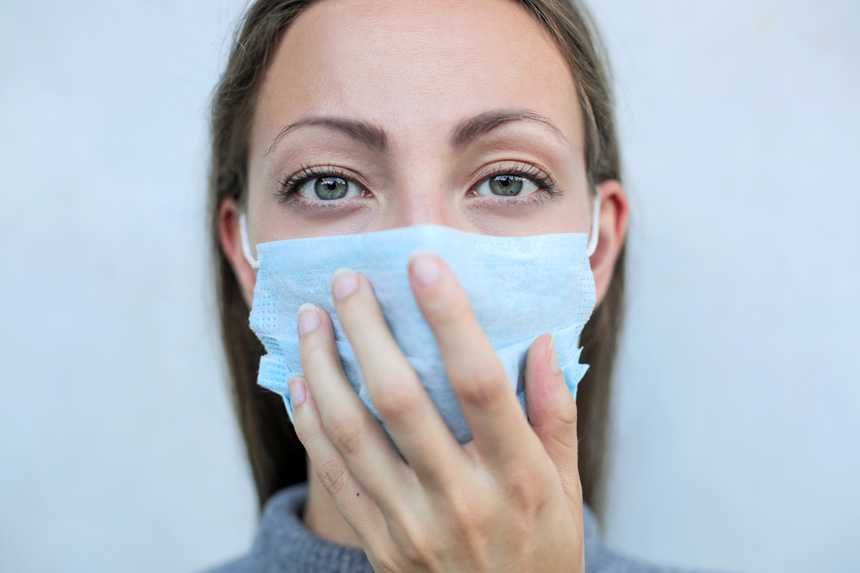 Every unwanted change causes stress to lesser and greater degrees, which different types of people manifest and deal with differently. It is also important to note that there are two types of stressors on people as a result of this newly emerging situation with the coronavirus and all the related events. One such stress is associated with the uncertainty of the situation itself – how long will it last? What will happen? What are the consequences, and can it be repeated? The second stress is related to the situation of isolation itself, which is imposed and undesirable. Although isolation is initially perceived as a measure of protection, if it is for a prolonged period, it causes significant stress. The first stress is short-term stress, and it’s much more intense than the second, which can cause mental health consequences after awhile. After all, people are social beings, and isolation from others can be a real punishment.
Every unwanted change causes stress to lesser and greater degrees, which different types of people manifest and deal with differently. It is also important to note that there are two types of stressors on people as a result of this newly emerging situation with the coronavirus and all the related events. One such stress is associated with the uncertainty of the situation itself – how long will it last? What will happen? What are the consequences, and can it be repeated? The second stress is related to the situation of isolation itself, which is imposed and undesirable. Although isolation is initially perceived as a measure of protection, if it is for a prolonged period, it causes significant stress. The first stress is short-term stress, and it’s much more intense than the second, which can cause mental health consequences after awhile. After all, people are social beings, and isolation from others can be a real punishment.



















